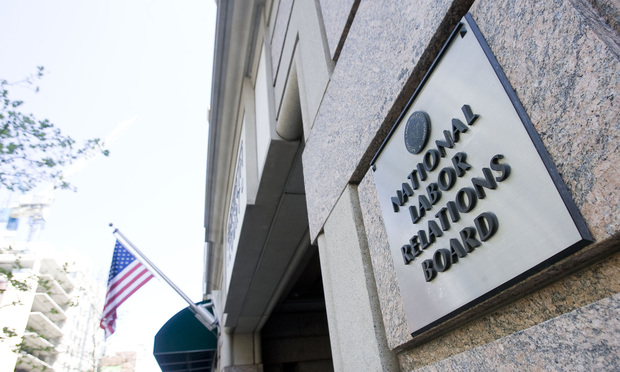Recently, the National Labor Relations Board (NLRB) has taken positions that may have an impact on employment litigation. In July, the NLRB Office of the General Counsel authorized complaints against McDonald’s franchisees, finding that the franchisor, McDonald’s USA LLC, is a “joint employer” with the franchisees for purposes of the National Labor Relations Act (NLRA). On Aug. 11, the NLRB issued a decision holding that an employee had engaged in concerted activity under the NLRA when she recruited co-workers to support her sexual harassment claim against her employer, Fresh & Easy Neighborhood Market Inc. While the NLRB’s activities are not necessarily binding on our courts, they may predict trends in employment litigation.
The “joint employer” doctrine applies to claims under several federal employer statutes: the Fair Labor Standards Act, the Family and Medical Leave Act and anti-discrimination statutes. Generally speaking, after discovery, courts have found that franchisors are not joint employers with franchisees because franchisors do not exercise enough control over the day-to-day operations of the franchisees to justify application of the doctrine. The NLRB Office of the General Counsel has not issued its reasoning for authorizing suits against McDonald’s USA, the franchisor, that involve alleged violations of the NLRA by McDonald’s franchisees. There are some cases that have permitted “joint employer” claims to continue against franchisors for employment law violations of their franchisees at the motion to dismiss stage, permitting discovery to continue on the amount of control the franchisor exercised over the franchisee. It is unclear from the record whether there is evidence of a larger employment law policy at McDonald’s USA communicated to franchisees that would justify the application of the joint employer doctrine. But the lesson lies in the mere authorization of the claim: Employees can, at the very least, assert claims against the franchisor for violations of the NLRA. The leap to employment litigation is not hard to make: Employees will look for links to the franchisor in order to name the franchisor as a defendant. Such links can be in many forms: employment policies that violate applicable statutes; the amount of control over the franchisee; the very language of the franchise agreement; or the requirement that certain handbooks or forms be used by the franchise. It will be interesting to see how McDonald’s USA chooses to challenge the general counsel’s authorization of suit. The answer may lie in McDonald’s USA’s policies toward union activity in its franchises.
This content has been archived. It is available through our partners, LexisNexis® and Bloomberg Law.
To view this content, please continue to their sites.
Not a Lexis Subscriber?
Subscribe Now
Not a Bloomberg Law Subscriber?
Subscribe Now
LexisNexis® and Bloomberg Law are third party online distributors of the broad collection of current and archived versions of ALM's legal news publications. LexisNexis® and Bloomberg Law customers are able to access and use ALM's content, including content from the National Law Journal, The American Lawyer, Legaltech News, The New York Law Journal, and Corporate Counsel, as well as other sources of legal information.
For questions call 1-877-256-2472 or contact us at [email protected]



